CBT Skills for Managing Anxiety and PTSD
This course offers an introduction to Cognitive Behavioral Therapy (CBT) techniques specifically tailored to address anxiety and post-traumatic stress disorder (PTSD).
Who can benefit:
- Individuals experiencing anxiety, hypervigilance, intrusive thoughts, or excessive worry.
- Mental health professionals seeking to expand their CBT skillset for treating anxiety and PTSD.
Course format:
- Convenient on-demand format allows you to start learning anytime.
- The course comprises over 2 hours of video and audio content delivered in 9 modules.
- Bonus materials include mindfulness exercises, an e-book on managing PTSD with CBT strategies, and a worksheet for developing exposure hierarchies.
Key topics covered:
- Understanding the CBT framework and the cognitive triangle
- Identifying and reframing negative thought patterns
- Challenging cognitive distortions associated with anxiety and PTSD
- Utilizing Socratic questioning and validation in therapy sessions
- Applying basic mindfulness techniques for symptom management
- Integrating mindfulness with cognitive restructuring
- Developing in-vivo exposure hierarchies and accompanying homework assignments
- Sample role-play recordings demonstrating techniques for challenging phobias and creating exposure hierarchies
Course benefits:
- Gain foundational CBT skills to manage anxiety and PTSD symptoms.
- Learn practical techniques you can implement immediately.
- Determine if a comprehensive CBT program might be a good fit for you or your clients.
Get started today!
This course is an affordable investment in your mental wellbeing. When purchasing, access the course via the link on the file.

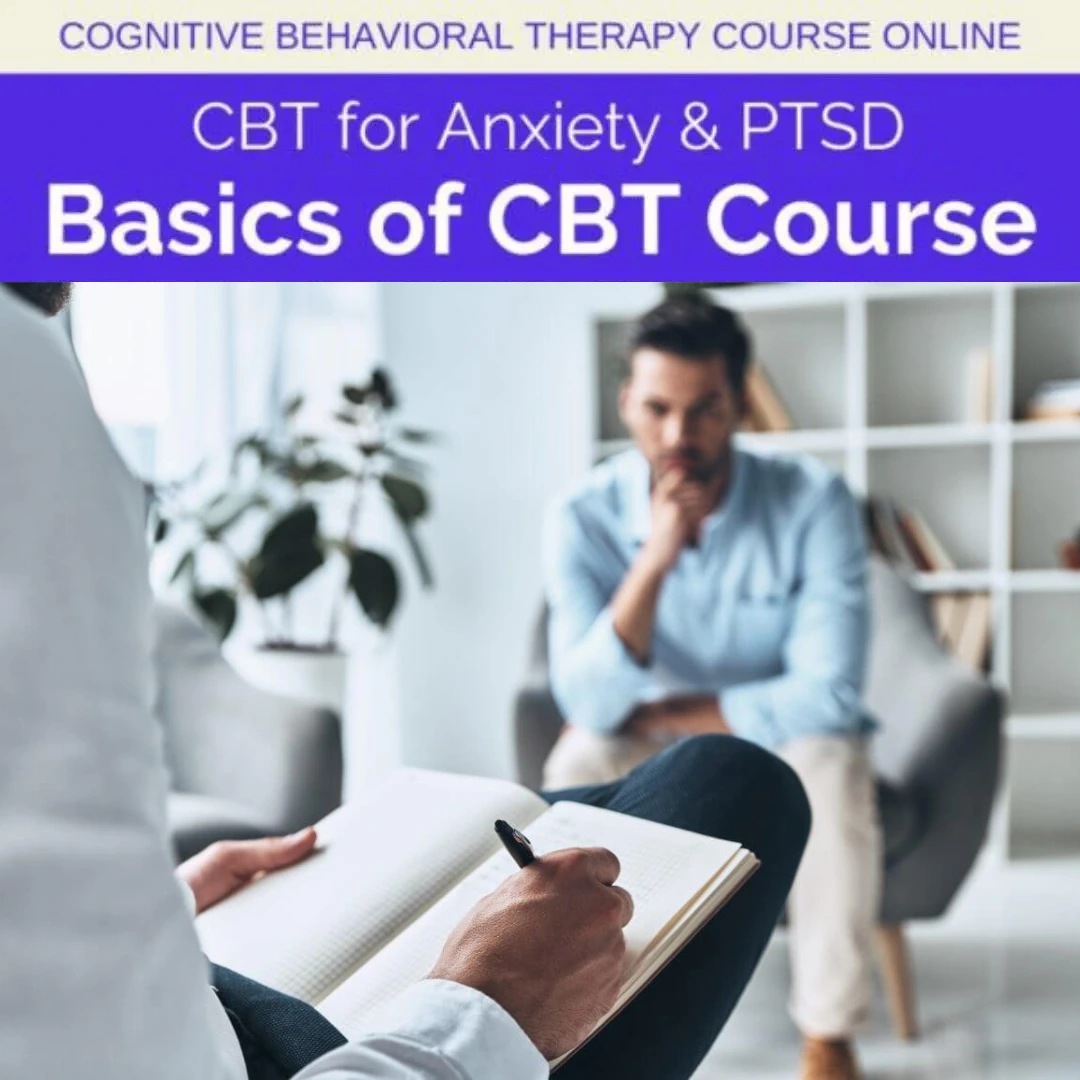
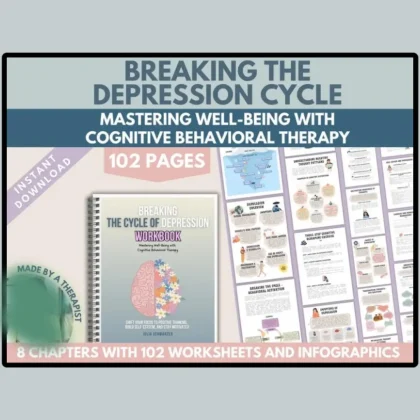

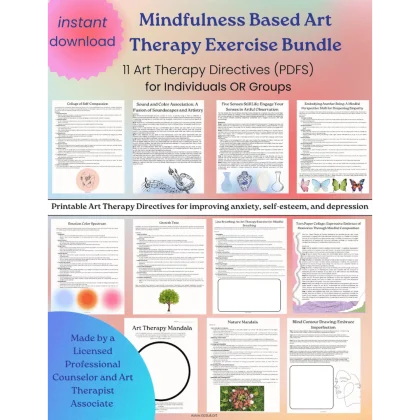



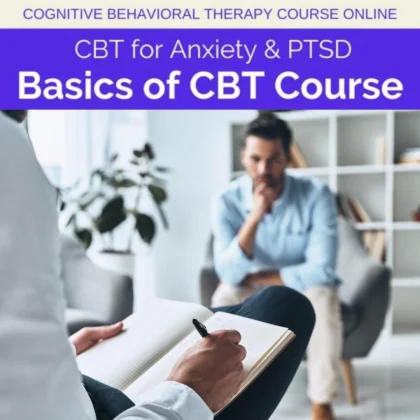



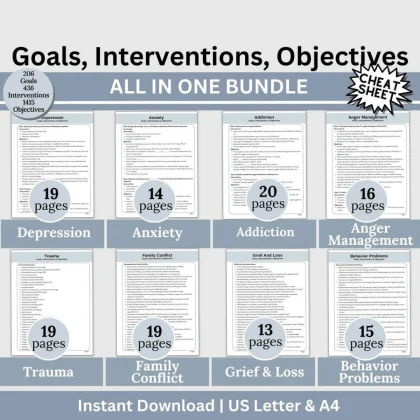
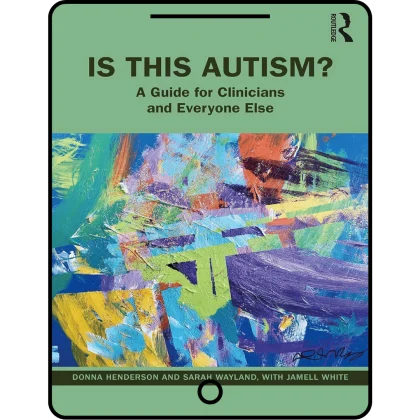
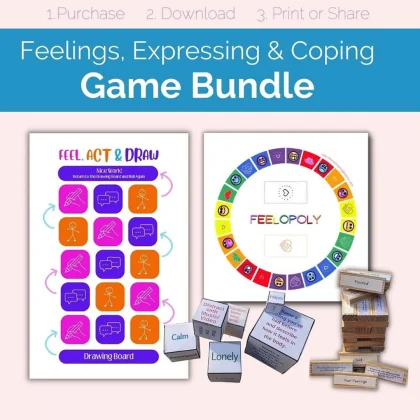
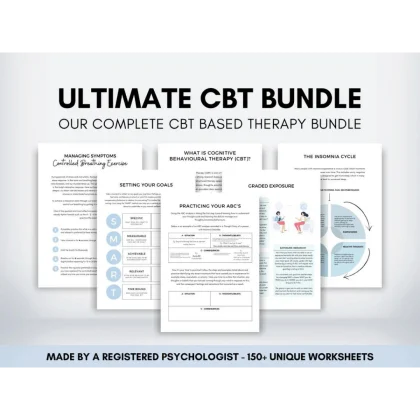
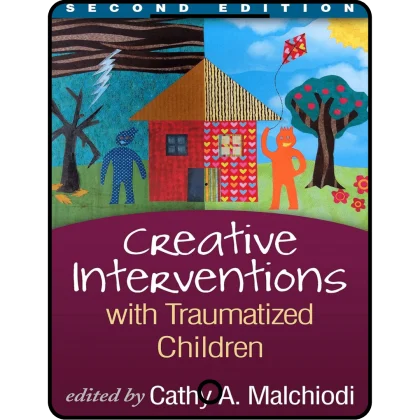
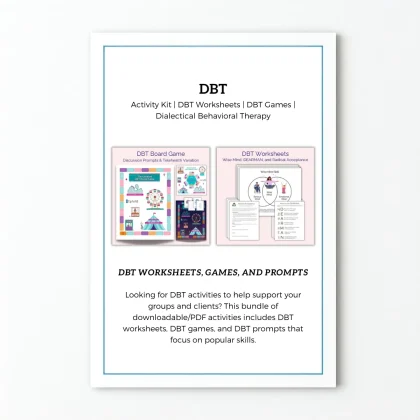

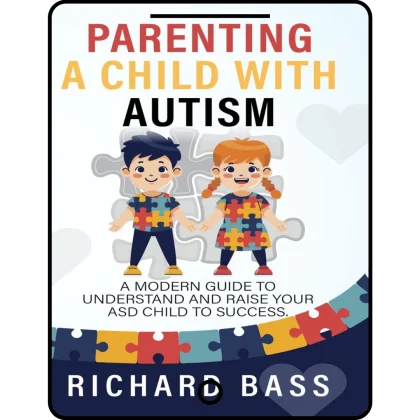


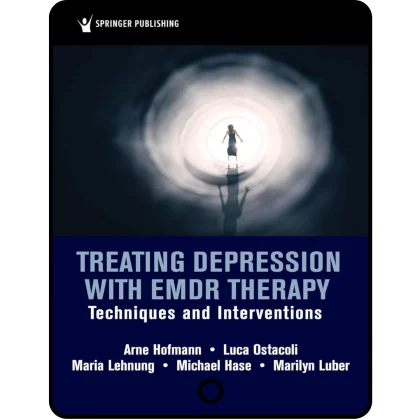




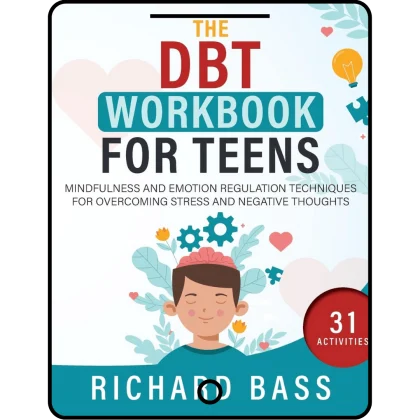
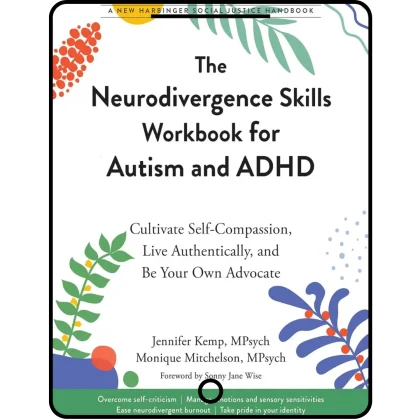
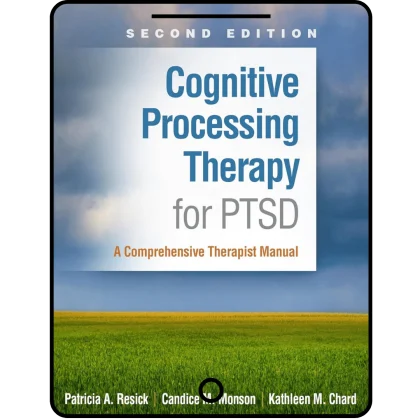
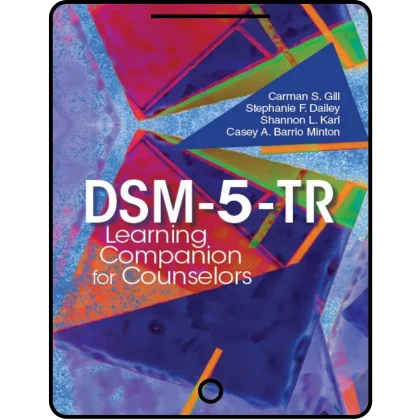
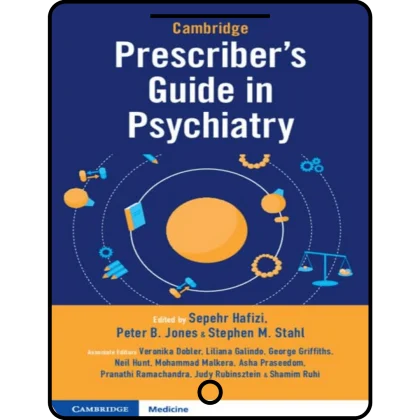
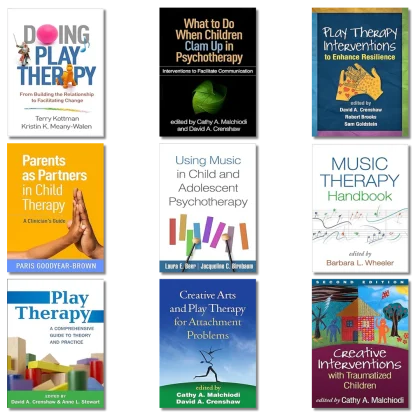
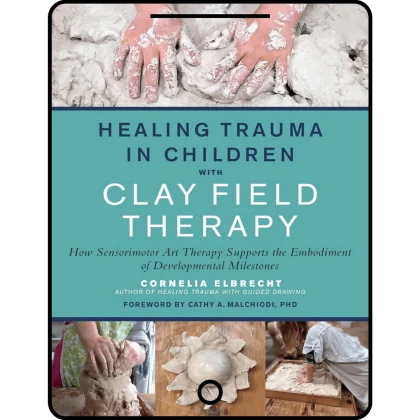
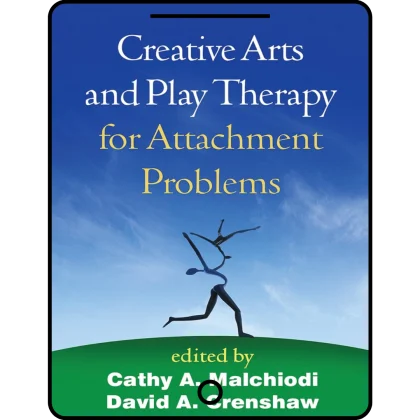
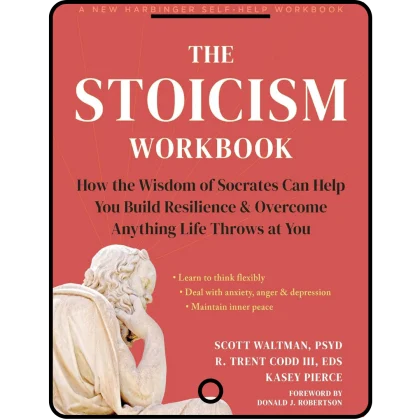
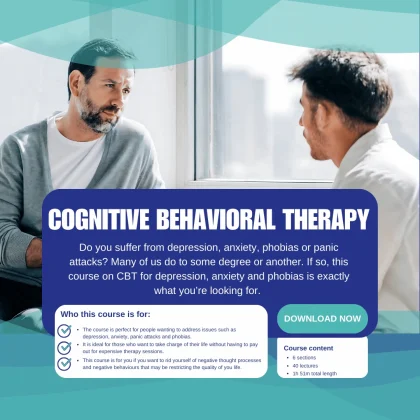

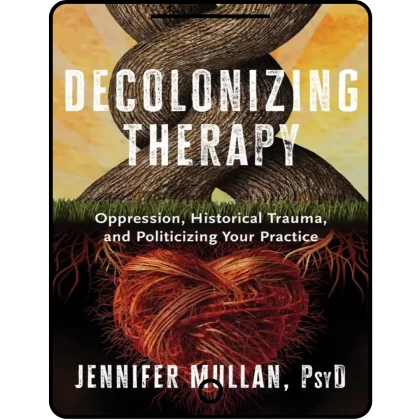
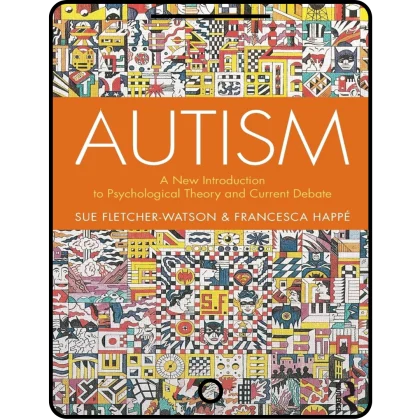
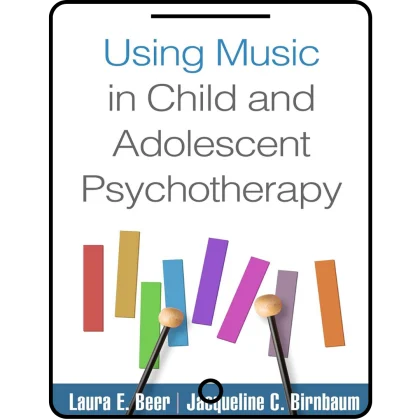
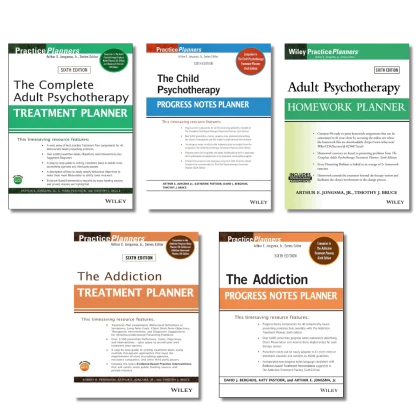
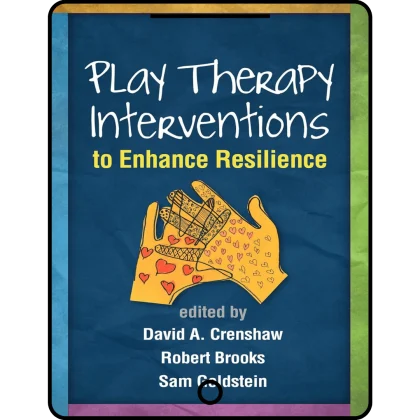
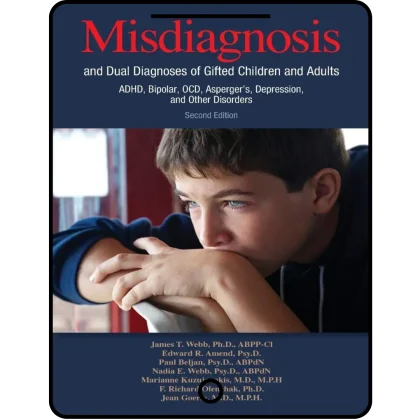
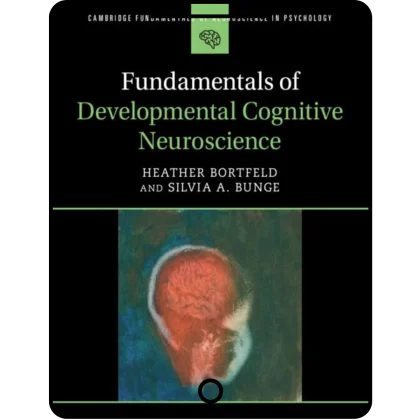
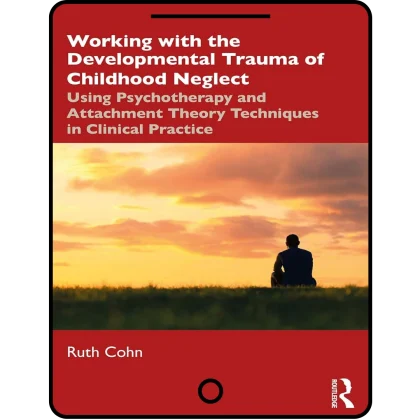
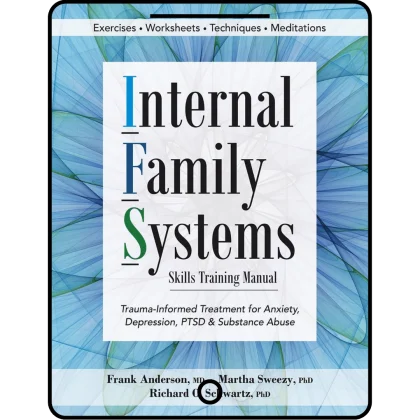
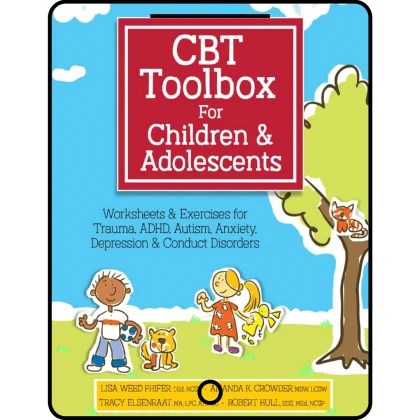
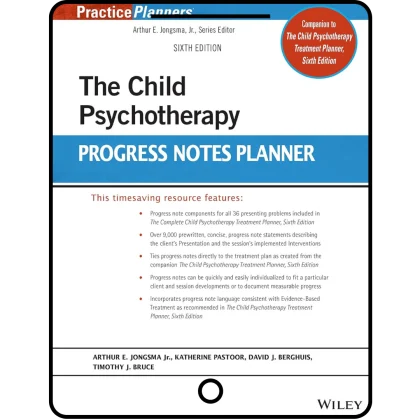
A truly effective CBT practitioner training that not only impart theoretical knowledge but also cultivate ethical consciousness, practical skills, personal growth, cultural competence, and a lifelong commitment to learning. By focusing on these areas, the course equipped individuals with the tools to become compassionate, skilled, and culturally responsive therapists. Hats off.